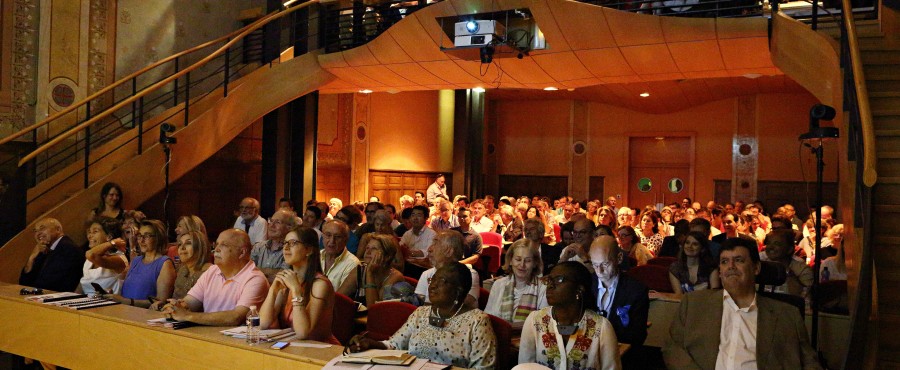2 Jul 2016
Can Tax Policy Still Contribute to Attractiveness ?
Session 23

The ability of governments to distribute the gains of economic integration through taxation is key to the futures of our societies, at a time when some wonder about the benefits of globalization.
The debate addresses two types of levies: on businesses (and in particular the corporate income tax of multinational companies), and on private persons (taxes on income, wealth, inheritance). Significant progress has been made at the international level through the automatic exchange of information and the BEPS (Base Erosion and Profit Shifting) program, however, these initiatives do not at all try to limit “fair” tax competition (lowering rates and/or reducing tax bases).
If tax policy is given a role in assuring a better distribution of wealth, how do we combine the latter with tax attractiveness? If, conversely, the focus is put on creating equal opportunities for people as they start out in life, how do we make capital and skilled labor work contribute to the funding of high quality public service (education, health care)? In both cases, is the growing mobility of skilled labor going to modify the balance between taxes on labor and on capital? This session will discuss such questions, focusing on the taxation of private individuals.








